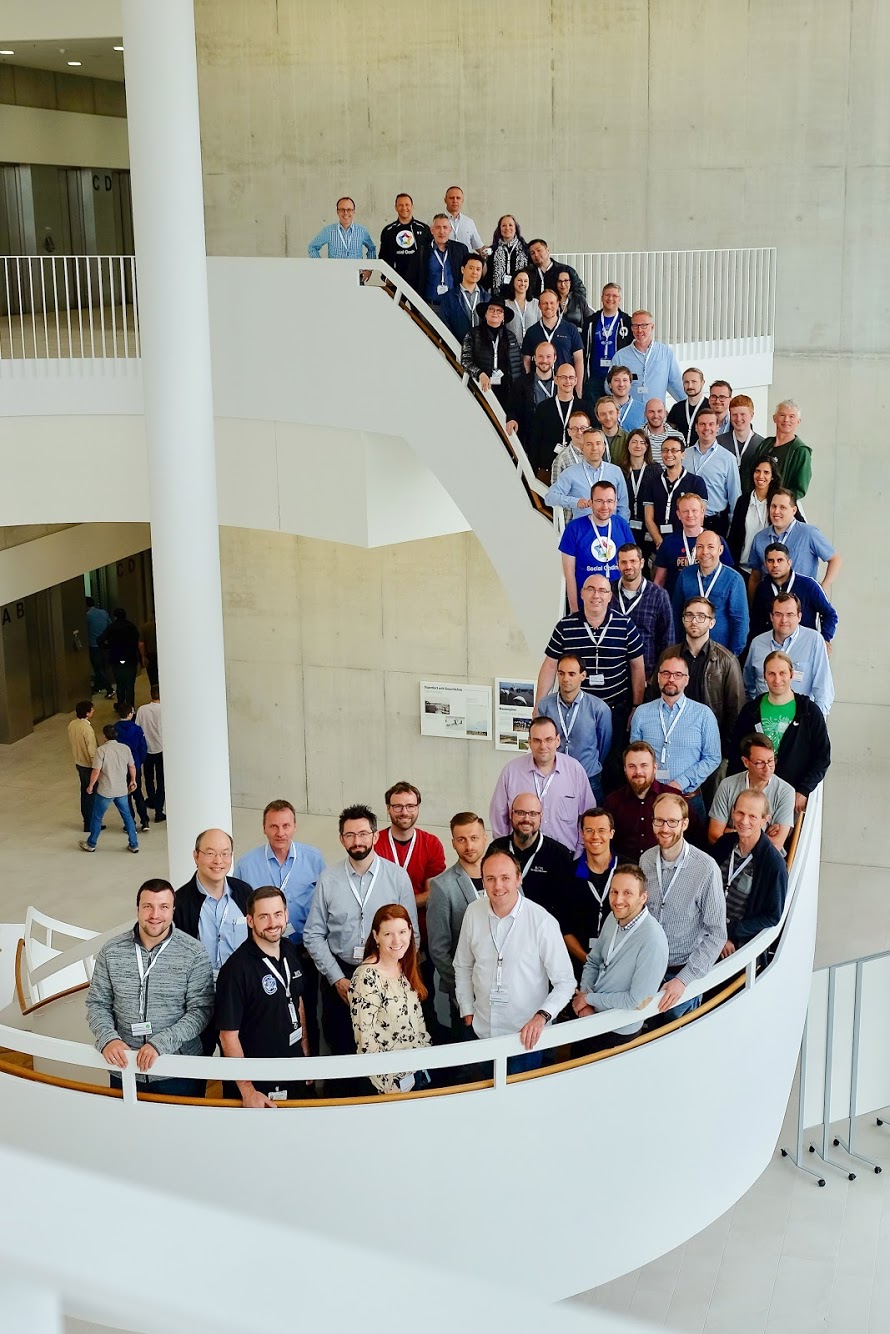InnerSource Commons Spring Summit 2018
May 16-18 Wed-Fri near Stuttgart, Germany
Pictures and Videos
The ISC.S6 is a wrap! Thanks to all attendees for making this summit such an engaging and interesting one!
We have published the first videos on the InnerSource Commons YouTube channel:
The authors of these videos have released them for sharing under the Creative Commons license (CC BY).
Agenda and speakers
See the agenda and see all our speakers
Our Keynote Speakers
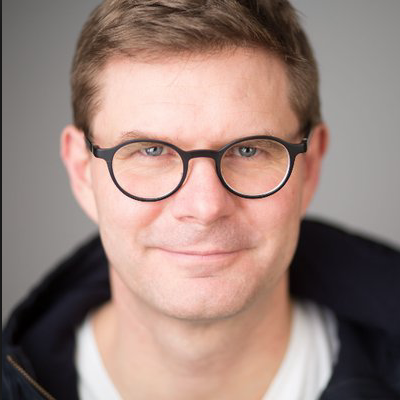
Dr. Stefan Ferber has been Chairman of the Executive Board of Bosch Software Innovations GmbH since January 1, 2018. He has direct management responsibility for product development, business development, sales & marketing as well as HR, finance & controlling. Stefan Ferber currently represents Bosch on the board of the Eclipse Foundation and is a member of the European Internet of Things Council. Stefan has more than 25 years’ experience in software development, software processes, software product lines, and software architectures for embedded systems, computer vision, and IT domains. Dr. Ferber holds an undergraduate degree and a Ph.D. in computer science from the University of Karlsruhe, Germany and an M.Sc. in computer science from the University of Massachusetts Dartmouth, USA. He is a certified ATAM lead evaluator by the Software Engineering Institute of Carnegie Mellon University, Pittsburgh, USA.
Today, we know that InnerSource is a great way to efficiently develop software by leveraging communities that transcend organizational and geographical boundaries aka silos. We also know now, that InnerSource is an excellent segway into true Open Source development for companies lacking a software DNA. Back when Bosch started with InnerSource, there was not enough technical, legal, collaboration, social, and commercial experience within Bosch to start open source right away. Getting an InnerSource initiative off the ground in such a setting is challenging. Stefan will go back to the origins of InnerSource at Bosch and share the surprising story of how he managed convince upper management to engage in InnerSource using rather unconventional means. This included three key elements:
- start with InnerSource first and not with open source right away,
- start with tooling (here Eclipse IDE for automotive) and not with the Bosch products and
- start with “capturing the nations flag” and not with slides.

Prof. Dr. Dirk Riehle, M.B.A., is the Professor of Open Source Software at the Friedrich-Alexander University of Erlangen-Nürnberg. Before joining academia, Riehle led the Open Source Research Group at SAP Labs, LLC, in Palo Alto, California (Silicon Valley). Riehle founded the Open Symposium, now the international conference on open collaboration. He was also the lead architect of the first UML virtual machine. He is interested in open source and inner source software engineering, agile software development methods, complexity science and human collaboration, and software system architecture, design, and implementation. Prof. Riehle holds a Ph.D. in computer science from ETH Zürich and an M.B.A. from Stanford Graduate School of Business. He welcomes email at dirk@riehle.org, blogs at http://dirkriehle.com, and tweets as @dirkriehle.
Ten years of inner source case studies and our conclusions
In 2006, I introduced inner source to SAP. After becoming a professor, my group helped further companies introduce inner source. Using three generations of projects, we report about our experiences and how we turn those into a practical handbook for inner source governance.
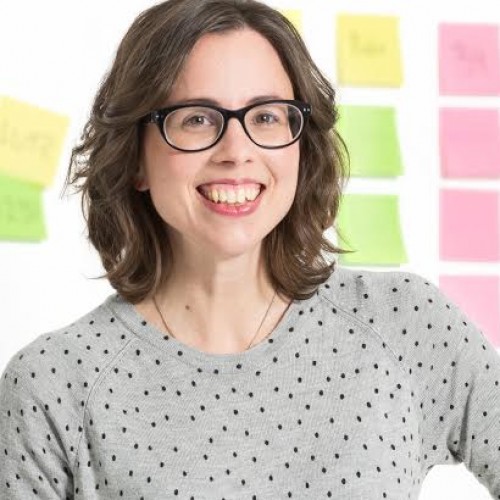
Based in Dublin, Ireland, Lauri Apple is senior program manager with Workday's public cloud team, and the creator of the Awesome Leadership and Management List and Feedmereadmes. Before joining Workday she was the open source evangelist and an agile coach/project manager at Zalando in Berlin, Germany, and the tech evangelist at Gilt Groupe in New York City. Her life before technology included stints as a journalist, blogger and media strategist. She graduated from the Benjamin N. Cardozo School of Law, focusing on IP.
Building Trust with Intentional Relationship Design
Disagreements and misunderstandings are common even in the most high-performing organizations. Fortunately, a potential solution offers us a path forward from vagueness and confusion: intentional relationship design. Taken from the therapeutic profession, IRD enables us to establish clarity in our work relationships early on so we can avoid conflict later. In this talk, I'll show how you can use it to establish expectations, set boundaries and uncover communication preferences to build trust and harmony—especially as your teams aim to InnerSource.
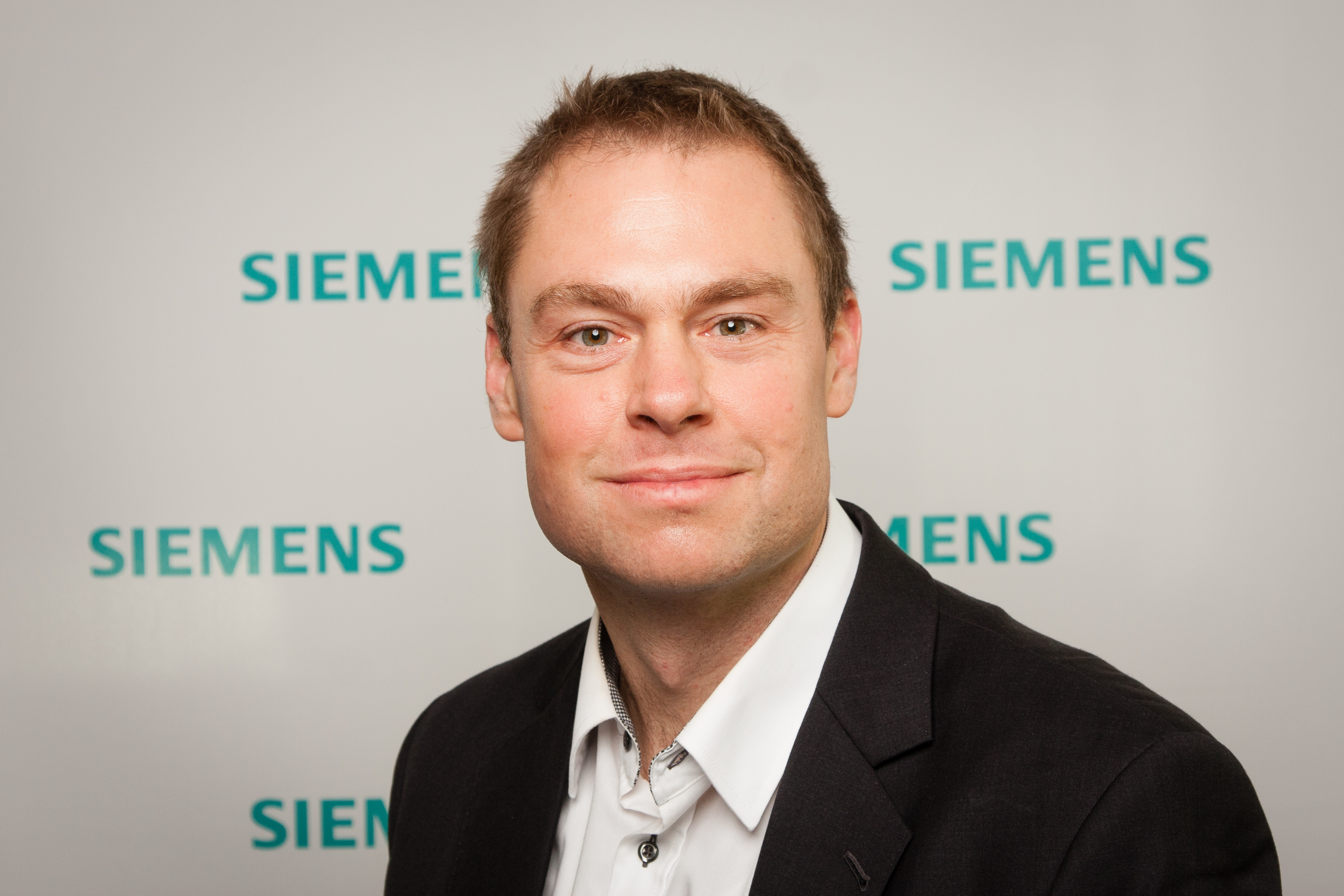
Having worked at the intersection of technology, policy and law for more than a decade, Karsten Gerloff is helping Siemens make use of the full potential of Open Source Software. Before joining Siemens in 2015, he worked for six years as president of the Free Software Foundation Europe (https://fsfe.org), where he focused on European technology policy and advocacy. At the United Nations University in Maastricht (The Netherlands), he researched the social and economic implications of Open Source Software.
Committing (to) change: The Siemens Software Management System
The Siemens Inner Source platform started as a way for one division to maintain a standard stack across its product range. From these beginnings, it quickly grew into something much bigger: A state-of-the-art development environment, a tool to build platforms within the company. It also became a highly visible example for a collaborative, agile way of working within Siemens. In this keynote, we will review the platform´s history and the key reasons for its success so far, as well as challenges past and present.
What is InnerSource?
InnerSource takes the lessons learned from developing open source software and applies them to the way companies develop software internally. As developers have become accustomed to working on world class open source software, there is a strong desire to bring those practices back inside the firewall and apply them to software that companies may be reluctant to release. For companies building mostly closed source software, InnerSource can be a great tool to help break down silos, encourage internal collaboration, accelerate new engineer on-boarding, and identify opportunities to contribute software back to the open source world.
What is the InnerSource Commons?
The InnerSource Commons (InnerSourceCommons.org) aka ISC is a consortium of representatives from over sixty companies and institutions. It utilizes open source methods to provide organizations pursuing inner sourcing a forum for discussing and improving the practice of InnerSource through the sharing of experiences (under the Chatham House Rule), creation and review of InnerSource patterns, and the open exchange of ideas.
Who should attend?
The InnerSource Common Summits welcomes software professionals at all levels, from executive level manager to software developer. The program targets software development managers and executive managers in particular because adopting InnerSource requires significant efforts to make changes in the organization—whether these are implemented top-down or bottom-up. If you or your organization is adopting, or considering adopting, InnerSource, then attending the InnerSource Summit is the best thing you can do.
What will I get from this event?
The three key reasons to attend the InnerSource Common Summits are:
- Learn from others who are on the journey of InnerSource adoption
- Share your experiences and get help with your challenges
- Network, network, network! The InnerSource Commons is an excellent place to network with likeminded people, all of whom are passionate about making InnerSource a success in their respective organizations!
Venue
This Summit is hosted by Robert Bosch GmbH on the research campus in Renningen.
Robert Bosch GmbH
Robert-Bosch-Campus 1
71272 Renningen
Germany
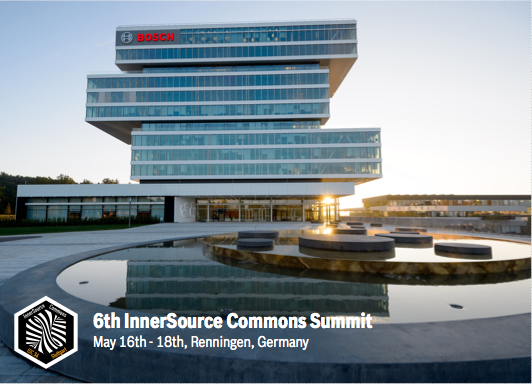
Food
Morning snack, lunch and afternoon snack will be provided to Summit attendees each day, courtesy of Robert Bosch.
Evening Events
- May 16th: Bosch will host a summit dinner on May 16th close to the venue.
- May 17th: We’ll visit the Bosch semiconductor fab in Reutlingen. Note: we can only accomodate 50 visitors! We’ll prioritize external guests over Bosch employees and we’ll go in the order of registrations.
Code of Conduct
All participants, vendors, and guests at InnerSource Commons events are required to abide by the code of conduct.
InnerSource Commons meetings run under the Chatham House Rule: information discussed at a meeting can be shared but not attributed.
Interested in helping out? Email summit@innersourcecommons.org or speak up on the #innersourcecommons slack channel!
Questions?
Send your questions via slack DM to @georg.gruetter

